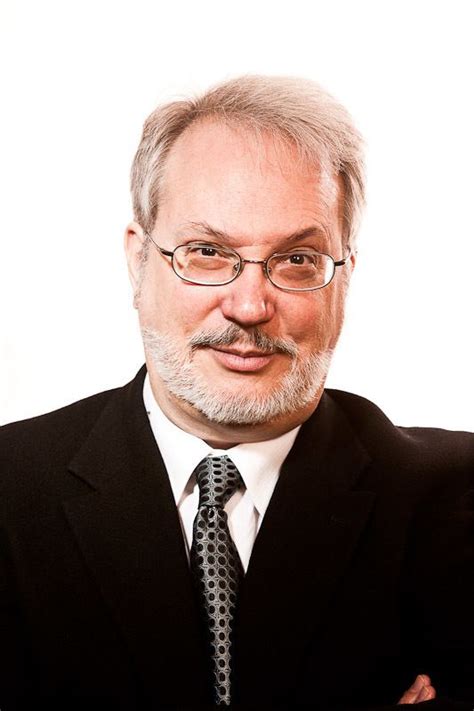A Quote by John Lennox
How can you construct a morality if there's no morality inherent in the way things are? You might be able to delude yourself into thinking you had 'created' a morality, but that's all it would be, an illusion.
Related Quotes
The whole meaning of morality is a rule that we ought to obey whether we like it or not. If so, then the idea of creating a morality we like better is incoherent. Moreover, it would seem that until we had created our new morality, we would have no standard by which to criticize God. Since we have not yet created one, the standard by which we judge Him must be the very standard that He gave us. If it is good enough to judge Him by, then why do we need a new one?
where Nietzsche's response to the equation of socialism and morality was to question the value of morality, at least as it had been customarily understood, economists like Mises and Hayek pursued a different path, one Nietzsche would never have dared to take: they made the market the very expression of morality.
We're always projecting our moral categories on things. I think that's inevitable. But capitalism places no particular value on morality. Morality in the market is enforced by contract and regulation and law, because morality is understood to be in conflict with the motive force of greed and accumulation.
Talking about morality can be offensive. Morality is a politically incorrect subject. Many people are genuinely offended if someone speaks of morality and family values. It is okay if you talk about your sexual fantasies and deviances. This is called "liberation". But you would be frowned at if you talk about morality in public. Then you'd be accused of trying to impose your values on others.
Although I'm not Christian, I was raised Christian. I'm an atheist, with a slight Buddhist leaning. I've got a very strong sense of morality - it's just a different morality than the loud voices of the Christian morality.... I can't tell you how many films I've turned down because there was an absence of morality. And I don't mean that from any sort of Judeo-Christian-Muslim point of view. I'm not saying they're wrong and can't be made. But, fundamentally, I'm such a humanist that I can't bear to make films that make us feel humanity is more dark than it is light.
Life is two things. Life is morality – life is adventure. Squire and master. Adventure rules, and morality looks up the trains in the Bradshaw. Morality tells you what is right, and adventure moves you. If morality means anything it means keeping bounds, respecting implications, respecting implicit bounds. If individuality means anything it means breaking bounds – adventure.
Zarathustra was the first to consider the fight of good and evil the very wheel in the machinery of things: the transposition of morality into the metaphysical realm, as a force, cause, and end in itself, is his work. [...] Zarathustra created this most calamitous error, morality; consequently, he must also be the first to recognize it.







































